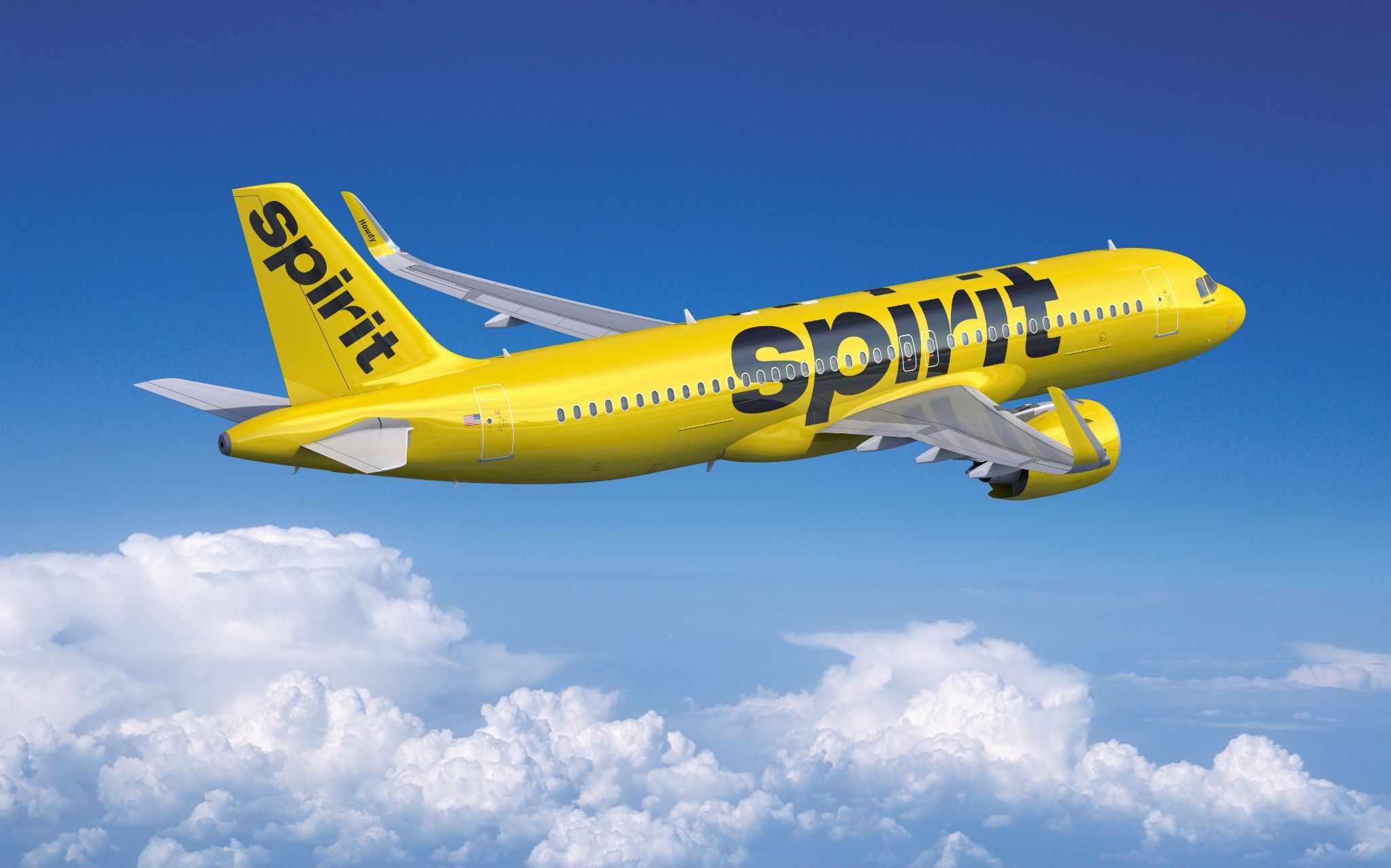Spirit Airlines Enters Bankruptcy
19 November, 2024
3 min read
Airlines in this article
By joining our newsletter, you agree to our Privacy Policy


Airlines in this article
We reported in October that shares of Spirit Airlines took a significant hit, plummeting nearly 40% in premarket trading to $1.36 per share. The catalyst for Spirit’s stock crash was a report from The Wall Street Journal (WSJ) revealing that the struggling airline was in discussions about a potential bankruptcy filing.
Unfortunately, the airline has now officially filed for bankruptcy, citing mounting losses, unaffordable debt, increased competition for budget-conscious passengers, and the inability to merge with other carriers as reasons for the decision.
The airline stated it will continue operating while it restructures its debt. “Guests can continue to book and fly without interruption and can use all tickets, credits, and loyalty points as normal,” Spirit said in a statement.
Spirit Airlines also announced that its bankruptcy proceedings and negotiations with creditors will enable it to emerge early next year with reduced debt and greater financial flexibility. The airline expressed confidence that this will secure its long-term success and support investments aimed at enhancing travel experiences and delivering better value to customers. Additionally, creditors have committed $300 million in funding to support Spirit's operations during the bankruptcy process.
According to CNN, Spirit’s filing disclosed that it employs nearly 13,000 full-time and part-time workers, along with 8,000 independent contractors and temporary staff. The U.S. Treasury Department is listed as Spirit’s second-largest creditor, with taxpayers owed $136 million on an unsecured loan. This loan was part of a federal program issued in 2020 and 2021 to support airlines during the pandemic, when air travel came to a near standstill. While most funds from the program were distributed as grants, $21.2 billion was issued as loans to U.S. airlines.
What Happened?
According to the WSJ report, Spirit Airlines had entered discussions with its bondholders about filing for Chapter 11 bankruptcy. This news broke in October, triggering the sharp decline in Spirit’s stock price during premarket trading. By the time markets opened, the airline’s stock had fallen nearly 40%, trading at $1.36 per share. Spirit’s shares have lost more than 86% of their value since the start of the year.
The WSJ noted—and the airline has now confirmed—that Spirit has faced financial challenges for years. The airline has not recorded an annual profit since before the COVID-19 pandemic, leading to significant debt accumulation. Earlier this year, Spirit encountered a major blow when its proposed merger with JetBlue was blocked.
In 2022, JetBlue had agreed to acquire Spirit in a deal seen as a lifeline for the struggling airline. The merger was expected to help Spirit manage its growing debt. However, the U.S. Department of Justice (DOJ) opposed the merger, arguing it would reduce consumer choice and increase ticket prices. In January, a federal judge sided with the DOJ, blocking the deal and causing Spirit’s shares to plunge more than 45%.
Without the JetBlue merger, Spirit’s financial troubles deepened. The airline's $3.3 billion debt load became increasingly unsustainable, including $1.1 billion in secured bonds due within the next year. This situation forced Spirit into negotiations with bondholders to secure support for a Chapter 11 bankruptcy filing.
Airlines in this article
Get the latest news and updates straight to your inbox
No spam, no hassle, no fuss, just airline news direct to you.
By joining our newsletter, you agree to our Privacy Policy
Find us on social media
Comments
No comments yet, be the first to write one.

